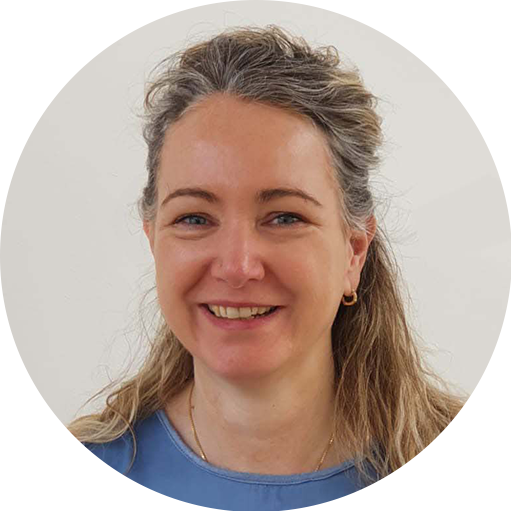23/10/2012
by: Mary-Anne Bowring

The Unique Role of Finance in Property Management
Finance personnel working in property management need more than just technical accounting skills. They must possess the ability to manage complex service charge accounts while also handling client concerns that are often unrelated to the financial aspects of property management. Their role requires both financial expertise and excellent interpersonal communication skills to address the varied concerns of leaseholders and clients, from financial queries to complaints about the building’s management.
Challenges of Managing Service Charge Accounts
Property service charge accounts present unique challenges, especially for accountants outside the industry. A service charge account isn't just about balancing books; it involves understanding the intricacies of leases, which dictate who pays for what in the building. For instance, different leaseholders may have different liabilities based on their specific unit's involvement with communal areas or services. Accountants must navigate these complexities to ensure accurate billing and compliance with the lease.
The Importance of Understanding the Lease
The lease is the foundation of property management finance. Without a solid understanding of the lease terms, finance professionals risk making incorrect financial decisions, such as charging the wrong parties for certain services or neglecting specific requirements outlined in the lease. Key aspects like the property’s age, the specific services involved, and which leaseholders are responsible for which charges must all be understood to ensure proper billing and compliance.
The Complexity of Service Charge Schedules
Service charge schemes are often more complex than traditional income and expenditure accounts due to the multiple schedules that may be involved in property management. Each schedule corresponds to different categories of expenses, like heating or lift maintenance, and may only apply to specific leaseholders. Finance professionals need to ensure that each charge is correctly allocated to the relevant group of leaseholders, making the task much more complex than simply balancing a single profit and loss account.
Finance Professionals' Impact on Year-End Accounts
Year-end accounts for property management are a crucial process where finance professionals must ensure all the service charges are properly calculated and reported. Without a thorough understanding of the lease and budget, mistakes can easily occur. Finance personnel play an essential role in ensuring the financial accuracy of the year-end accounts, ensuring that each expense is attributed to the correct service charge schedule and that any surpluses or deficits are properly apportioned to the right group of owners.
The Critical Link Between Finance Data and Property Management
Proper financial data handling requires understanding not just the numbers, but how they relate to the property itself. For example, finance professionals need to know how to allocate expenses like lift maintenance to the correct service charge schedule. Data entry errors can result in inaccurate financial reports, so having a deep understanding of the lease and the property’s structure is essential for ensuring that the financial information is both accurate and meaningful.
 1840
1840






Keep up to date
(Weekly, fortnightly or monthly)
To find out more what we do with your data, please read our Privacy Policy

 0
0


















